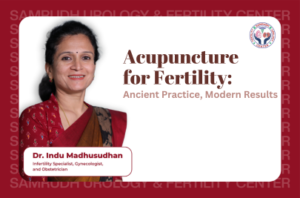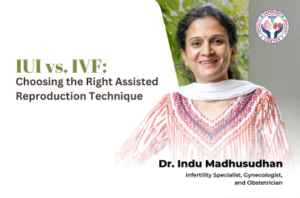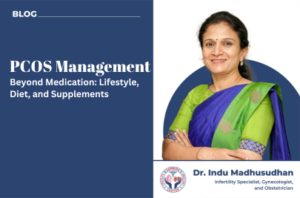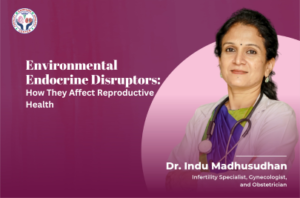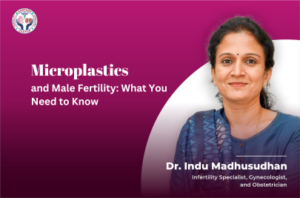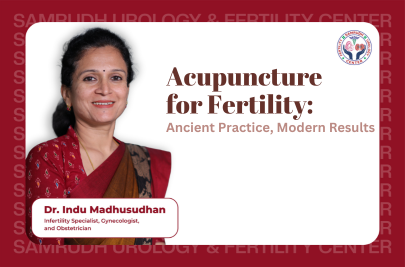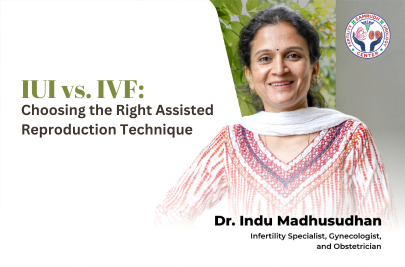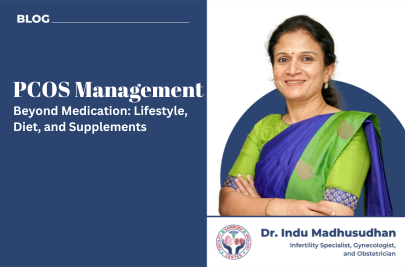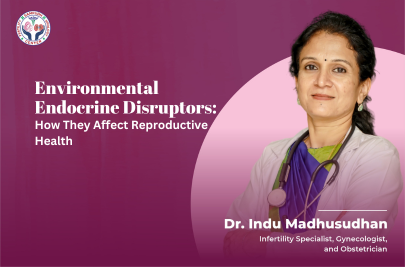Understanding the common signs of infertility in women is essential for timely intervention and treatment. Female infertility can stem from various factors, and recognizing the early symptoms can help you seek the appropriate medical care. In this blog, we will discuss the ten common signs of infertility in women, focusing on how you can get the best female infertility treatment in Bangalore. We will also provide an overview of the best infertility treatment in Bangalore and answer some frequently asked questions (FAQs) to help you make informed decisions
1. Irregular Menstrual Cycles
One of the most common signs of infertility in women is irregular menstrual cycles. A typical menstrual cycle spans between 21 and 35 days. If your cycle varies significantly from month to month, it could indicate an underlying hormonal imbalance or other reproductive issues
2. Heavy or Painful Periods
Experiencing extremely heavy or painful periods might be a sign of conditions such as endometriosis or fibroids, which can impact fertility.If you frequently need to change your pad or tampon every hour, seek advice from a specialist for top infertility treatment options in Bangalore.
3. No Periods
The absence of menstruation (amenorrhea) for several months in a row is another sign of infertility. This can be due to various reasons, including stress, significant weight loss, or polycystic ovary syndrome (PCOS).
4. Pain During Intercourse
Painful intercourse, known as dyspareunia, can be a sign of underlying conditions like endometriosis, infections, or ovarian cysts, all of which can contribute to infertility
5. Hormonal Changes
Symptoms such as unexplained weight gain, severe acne, hair thinning, or excessive facial hair can indicate hormonal imbalances affecting ovulation and fertility.
6. History of Pelvic Inflammatory Disease (PID)
Pelvic Inflammatory Disease (PID) is an infection of the female reproductive organs, commonly resulting from sexually transmitted infections. A history of PID can lead to blocked fallopian tubes and infertility.
7. Multiple Miscarriages
Experiencing multiple miscarriages can be a sign of infertility. It may indicate issues with the uterus or hormonal imbalances that need medical evaluation.
8. Age Over 35
Fertility naturally declines with age. Women over 35 may experience more difficulty conceiving due to a decrease in the number and quality of eggs.
9. Unexplained Infertility
Sometimes, women face difficulties in conceiving without any identifiable medical reason. This is known as unexplained infertility and requires comprehensive evaluation and treatment
10. Chronic Health Conditions
Chronic conditions such as diabetes, thyroid disorders, or autoimmune diseases can impact fertility. Managing these conditions with the help of a healthcare provider is crucial for those seeking female infertility treatment in Bangalore.
11. Excessive Exercise or Low Body Weight
Engaging in excessive physical activity or having a significantly low body weight can disrupt your menstrual cycle and ovulation. It’s essential to maintain a balanced lifestyle to support reproductive health.
12. High Stress Levels
Chronic stress can disrupt hormone levels and menstrual cycles, which may contribute to infertility. Finding effective ways to manage stress, such as yoga, meditation, or counseling, can improve your chances of conceiving.
13. Environmental and Occupational Hazards
Exposure to certain chemicals, pesticides, and heavy metals in the workplace or environment can adversely affect fertility. If you suspect your job or environment might be impacting your fertility, consider discussing this with a healthcare professional.
14. Smoking and Alcohol Consumption
Both smoking and excessive alcohol consumption have been linked to decreased fertility in women. Quitting smoking and limiting alcohol intake can improve your reproductive health.
15. Previous Surgeries
Previous abdominal or pelvic surgeries can lead to scarring or adhesions that might affect fertility. Discussing your surgical history with a fertility specialist can help identify any potential issues
Seeking the Best Female Infertility Treatment in Bangalore
If you recognize any of these signs in yourself, it’s crucial to seek professional medical advice. Bangalore is renowned for its advanced fertility treatments and expert healthcare providers. Clinics like Samrudh specialize in offering comprehensive and personalized care for those facing infertility challenges.
Finding the best infertility treatment in Bangalore can be overwhelming, but understanding your options and having a supportive medical team can make all the difference. In Bangalore, several reputable clinics offer a range of infertility treatments tailored to individual needs.
The process begins with diagnostic tests such as blood tests, pelvic exams, ultrasounds, and hysterosalpingography (HSG) to examine the uterus and fallopian tubes. Medications like Clomiphene Citrate (Clomid) or Gonadotropins are often prescribed to stimulate ovulation, with close monitoring by healthcare providers.
In some cases, surgery may be necessary to correct structural issues or remove blockages, with laparoscopy addressing conditions like endometriosis or fibroids. Assisted Reproductive Technologies (ART), including Intrauterine Insemination (IUI) and In Vitro Fertilization (IVF), involve advanced techniques and are recommended when other treatments have not been successful.
At Samrudh, you can access state-of-the-art facilities and a team of experienced specialists dedicated to helping you on your journey to parenthood. Whether you need diagnostic tests, hormonal treatments, or advanced procedures like IVF, Samrudh provides the best female infertility treatment in Bangalore.
By staying informed and seeking timely medical advice, you can take proactive steps towards achieving your dream of parenthood with the best female infertility treatment in Bangalore. For comprehensive care and support, visit Samrudh’s website and start your journey to a fulfilling future.
FAQs
- What is the success rate of infertility treatments in Bangalore?
The success rate of infertility treatments in Bangalore varies depending on the type of treatment and individual factors. However, many clinics report success rates between 40-60%.
- How do I choose the best infertility treatment in Bangalore?
Choosing the best infertility treatment in Bangalore involves researching clinics, reading patient reviews, consulting with specialists, and considering the success rates and treatment options available.
- Are there any lifestyle changes that can improve fertility?
Yes, maintaining a healthy diet, regular exercise, managing stress, and avoiding smoking and excessive alcohol can improve fertility.
- What are the common treatments for female infertility?
Common treatments for female infertility include medication to stimulate ovulation, intrauterine insemination (IUI), and in vitro fertilization (IVF).
- How long should I try to conceive before seeking medical help?
If you are under 35 and have been trying to conceive for over a year, or over 35 and have been trying for six months, it is advisable to seek medical help.

